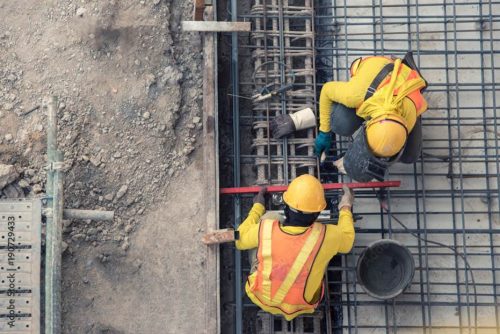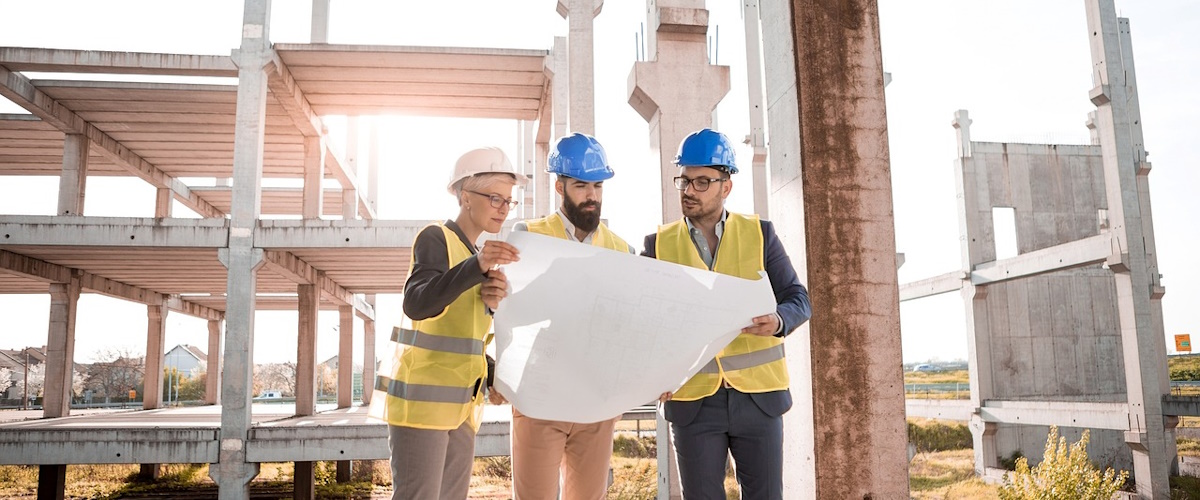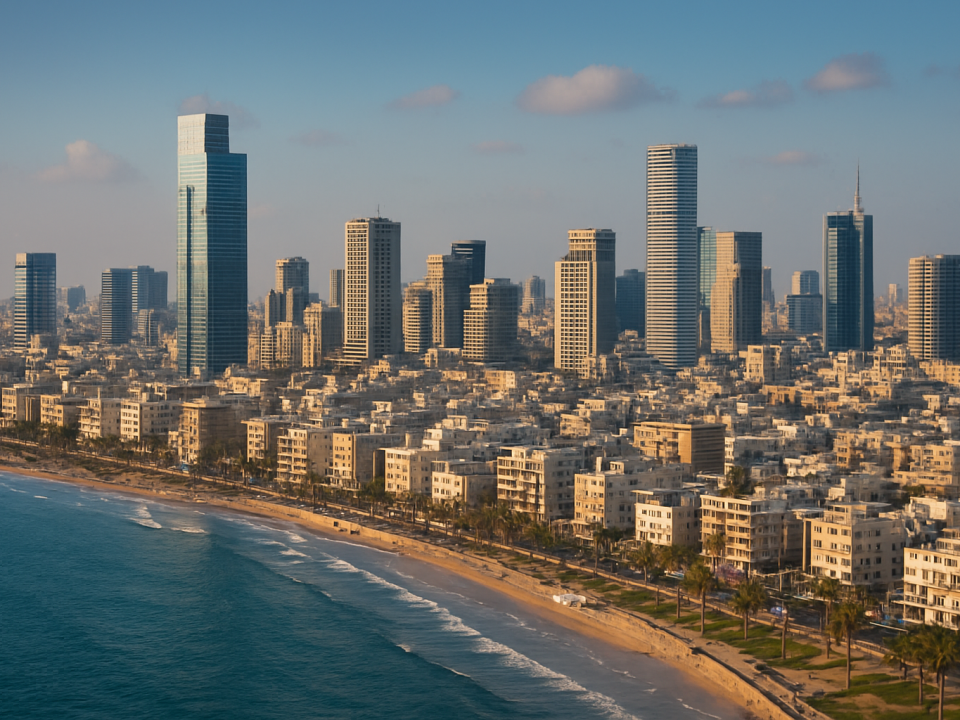
The Map of Tel Aviv Metropolitan Transportation System
January 16, 2025
Israel’s biggest ever exit: Google buying Wiz for $32b
March 19, 2025Demand from Israelis and foreign investors more than outmatches available homes even as prices rose nearly 8% in 2024, building costs jumped and construction labor remains scarce

The strength of the Israeli real estate market during 2024 surprised many, as home prices rose about 8 percent during a year defined by a multifront war and general uncertainty about the future.
Now, with a temporary ceasefire in Gaza in effect and the belief that the war may be winding down, real estate insiders expect housing prices to continue to rise in 2025. As foreign and local buyers assess their options and confront new tax realities, the question is how sharp the rise will be.
Some expects home prices to spike as much as 10-15% this year around the country.
The demand is going to return in the north and the south, where the markets have been pretty much frozen, and people are going to return to the market to buy homes to live in or as an investment. They think that this year is going to be a very strong year.
Others expects high demand to continue, but thinks prices will rise more moderately.
They expect prices to go up twice as much as inflation, that is to say, if inflation rises 3% for the year, prices will rise 6%. That means it is still a good investment, but prices aren’t rising so fast that if you don’t buy now, you’ll miss the boat.
With economic data for December 2024 not yet available, the Central Bureau of Statistics says housing prices in Israel have risen by 7.8% over the previous 12 months, continuing a growth trend that has continued for most of the past two decades.
A combination of factors — including a longstanding housing shortage, strong population growth, and growing foreign investment — has kept demand high, even as the conflict disrupts construction and economic stability.
Inflation for the 12 months through November was 3.4%, and is expected to average 2.6% for 2025 after rising faster during the first quarter of the year, the Bank of Israel said.
Geopolitical factors including the Gaza ceasefire, the government’s approval of the national budget, the routing of Hezbollah and the ceasefire in the north have reduced the country’s risk premium looking forward, Bank of Israel governor Amir Yaron said.
Rising costs of building
The cost of building new homes has skyrocketed since October 7, 2023, after Israel barred the West Bank Palestinians who have traditionally comprised most of the construction labor force.
Work on many sites has stopped or slowed as contractors have been unable to replace lost laborers with those from other countries.
Israel has brought in workers from China or India, as well as Arab Israelis, but there aren’t enough, and the government hasn’t fulfilled its promises to bring in more. These workers are much more expensive to employ. A Palestinian Arab costs a company about NIS 20,000 [$5,581] per month to employ, while an Arab Israeli costs NIS 25,000 [$6,976], and a Chinese worker costs NIS 30,000 [$8,372] per month.
Building materials such as cement, stones, and sand are also more expensive after rising for several years. The prediction is that the global market will be focused on supplying these materials to Gaza, Syria, and Lebanon, which will make them even more expensive in Israel. The cost of these materials has already increased by 6%, and it could rise another 6-10%.
That means newer apartments will cost much more than second-hand ones, making them less attractive to buyers. The number of unsold new apartments in Israel reached a record high of more than 70,000 units in November, according to CBS.
The price of construction has gone through the roof and today it is estimated that the cost of mid to high-end construction had doubled to as much as NIS 25,000 per square meter [$652 per square foot]. That’s just going to fuel future price increases.
Tax increases
Home buyers are going to pay more taxes in 2025 after the government passed several reforms that will help it raise the money to pay for the war.
VAT was raised from 17% to 18% at the beginning of January, affecting the purchase price of new construction properties and commercial real estate transactions. That means a buyer will now pay NIS 10,000 ($2,790) more in taxes for every million shekels of the purchase price.
Looking to beat the tax increase, Israelis took a record NIS 13.8 billion ($3.85 billion) in mortgages in December 2024 to get their purchases completed before the deadline. This included a record NIS 3.2 billion ($893 million) taken in balloon loans required by contractors in cases when the buyer put a 10% or 20% down payment for a home under construction.
The VAT increase doesn’t directly affect the sale of second-hand homes, although it may influence price levels across the general market. It also affects service fees for lawyers, architects, and other professional services.
High-income sellers with annual incomes will pay higher capital gains taxes on property sales. Currently in Israel, a “wealth tax” of 3% is levied on individuals with annual incomes of more than NIS 721,560 ($201,359). Starting in 2025, an additional 2% surtax will also be imposed on capital gains of that amount for people fitting into that category.
Additionally, the government has frozen purchase tax brackets for 2025. Normally, these brackets are adjusted every year to reflect inflation rates. By keeping the brackets, the same as last year, some buyers will effectively pay higher taxes.
Please note that a reform passed in August gives new immigrants a huge tax break on their first apartment that may virtually eliminate purchase taxes for acquisitions of up to NIS 6 million ($1.7 million).
The content of this article is designed to provide the reader with general information and not to serve as legal or other professional advice for a particular transaction




